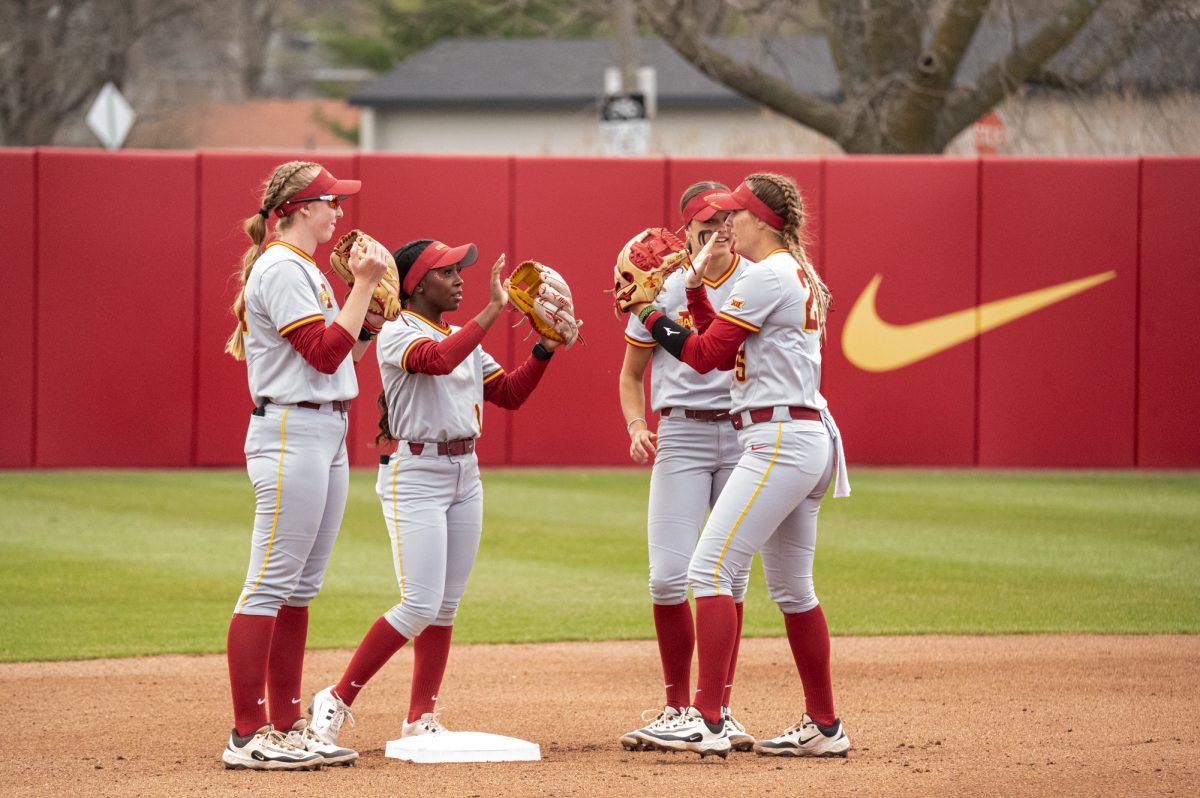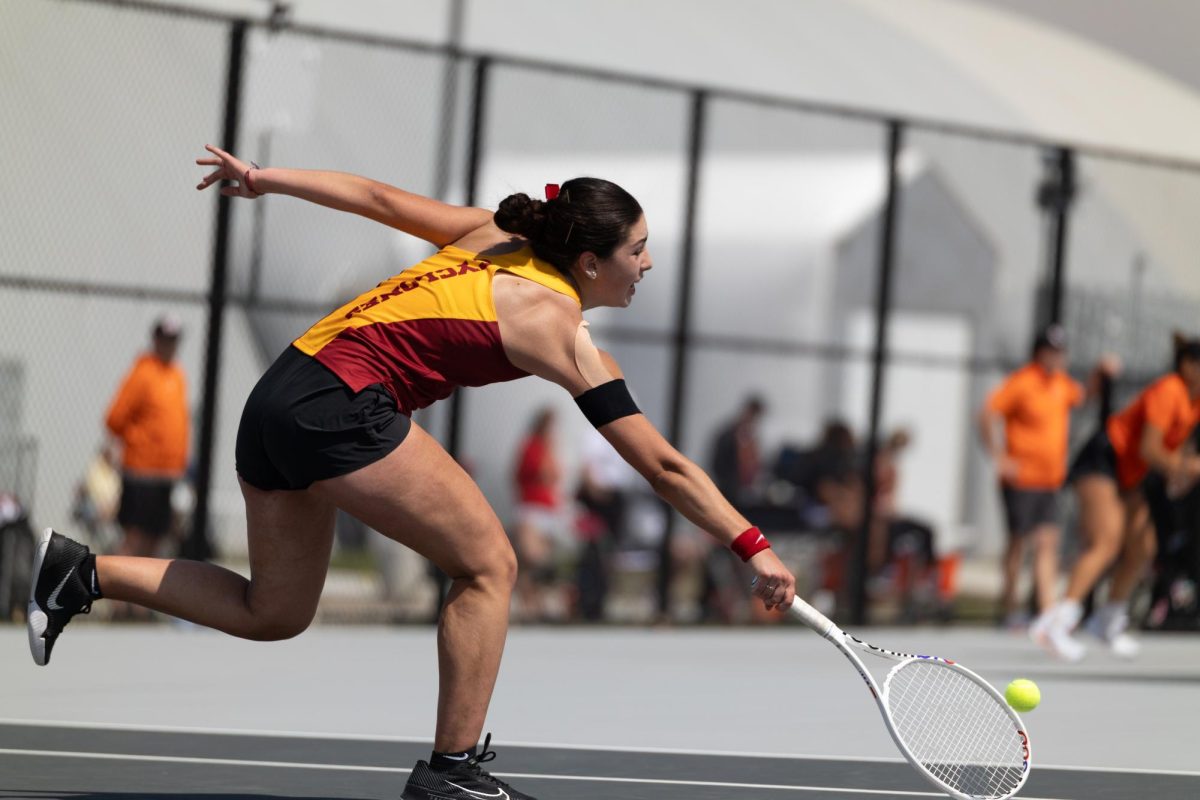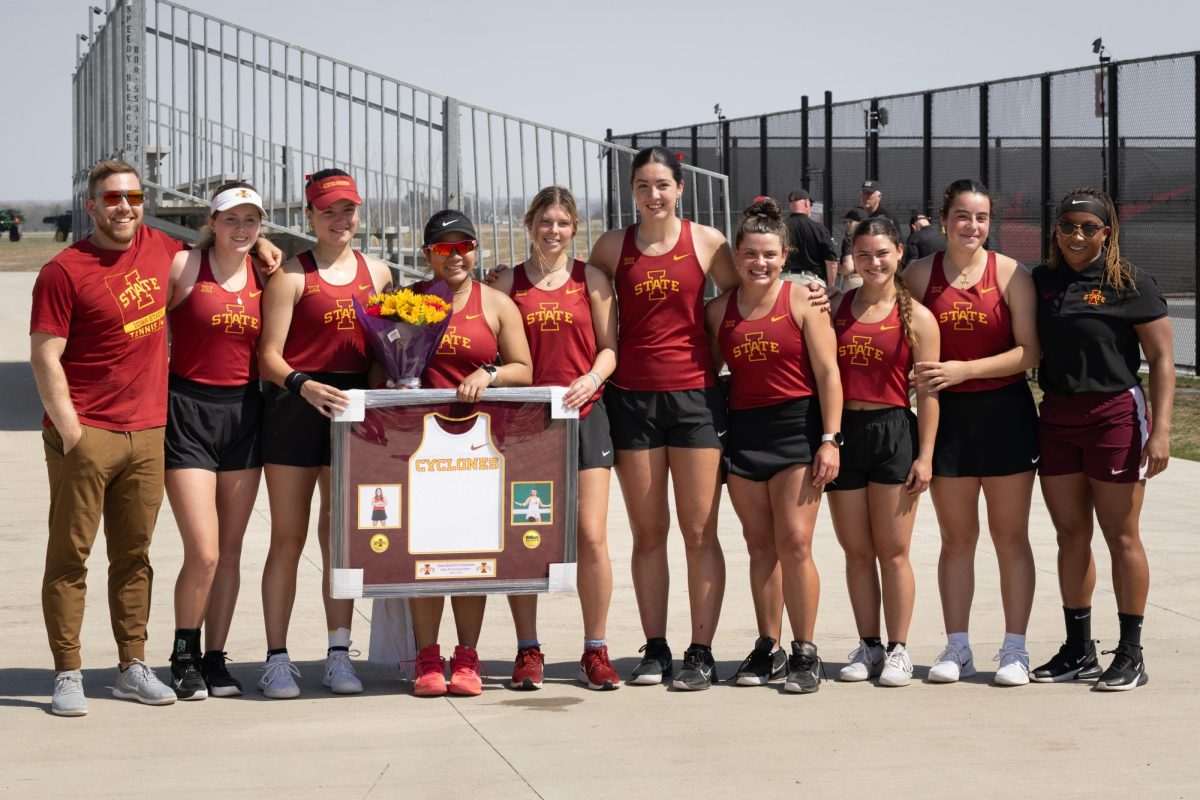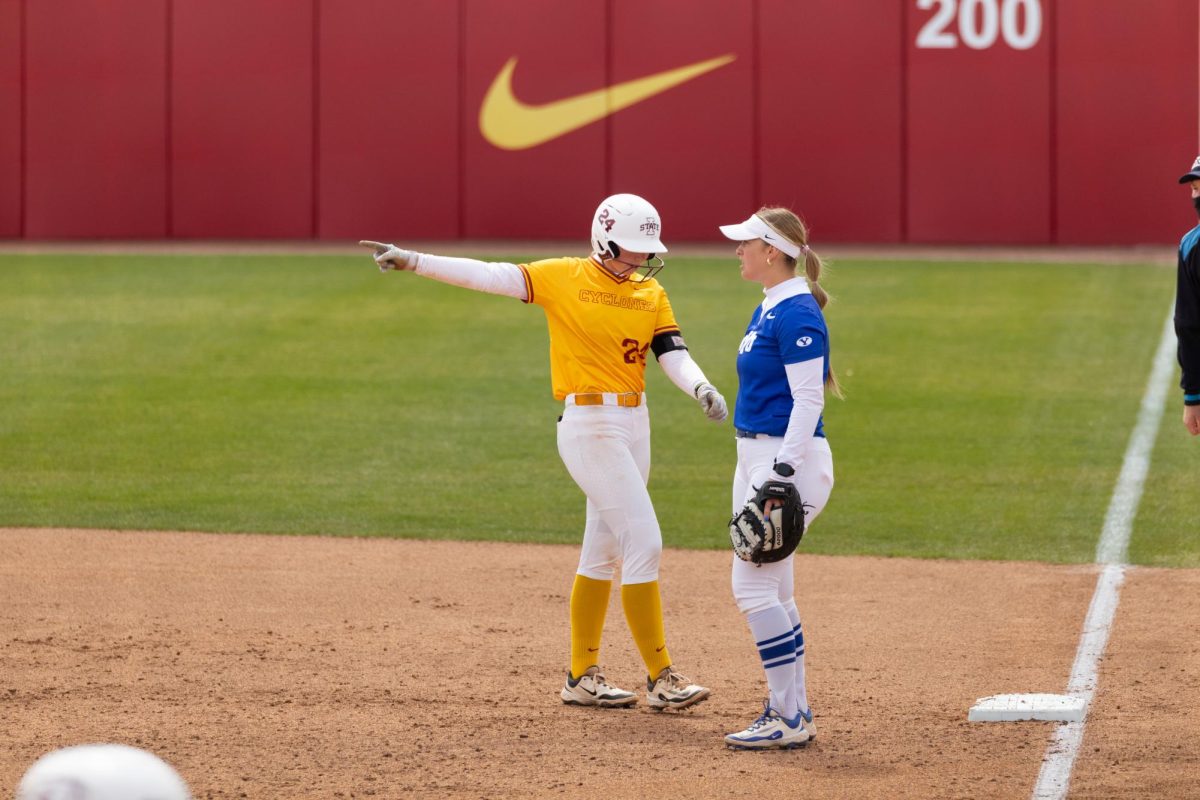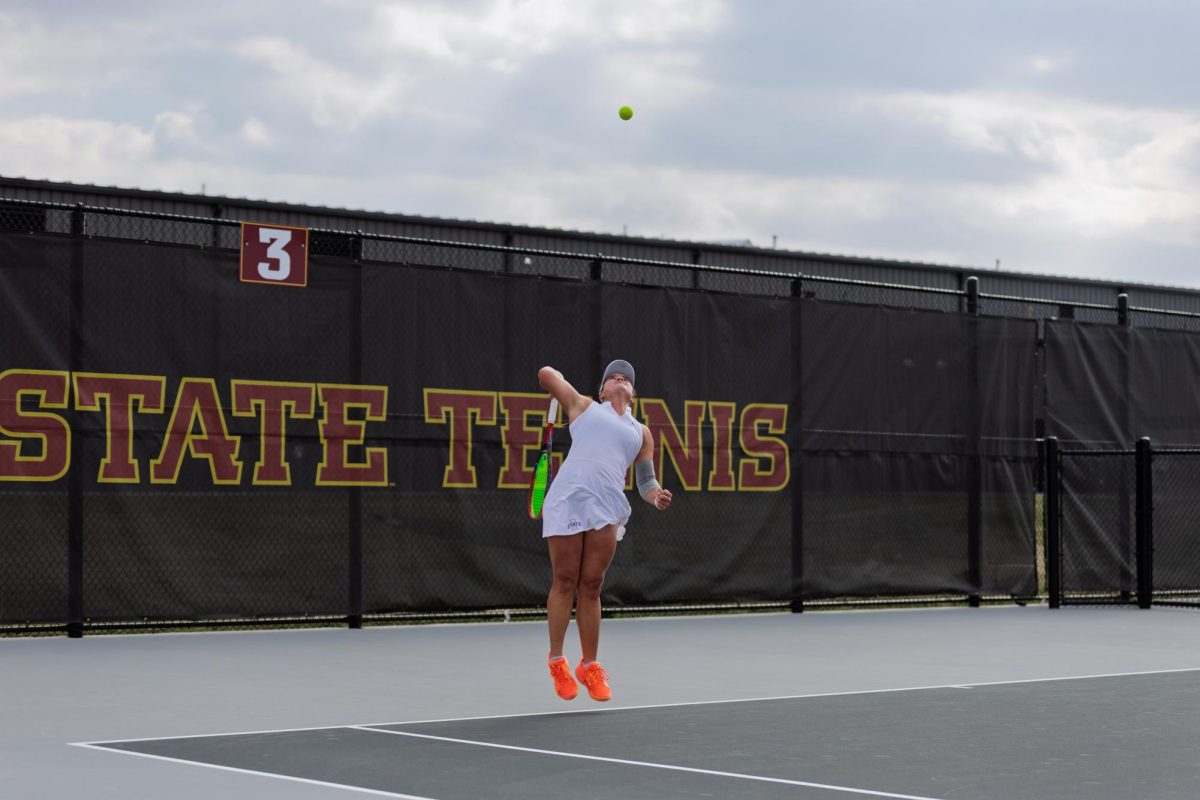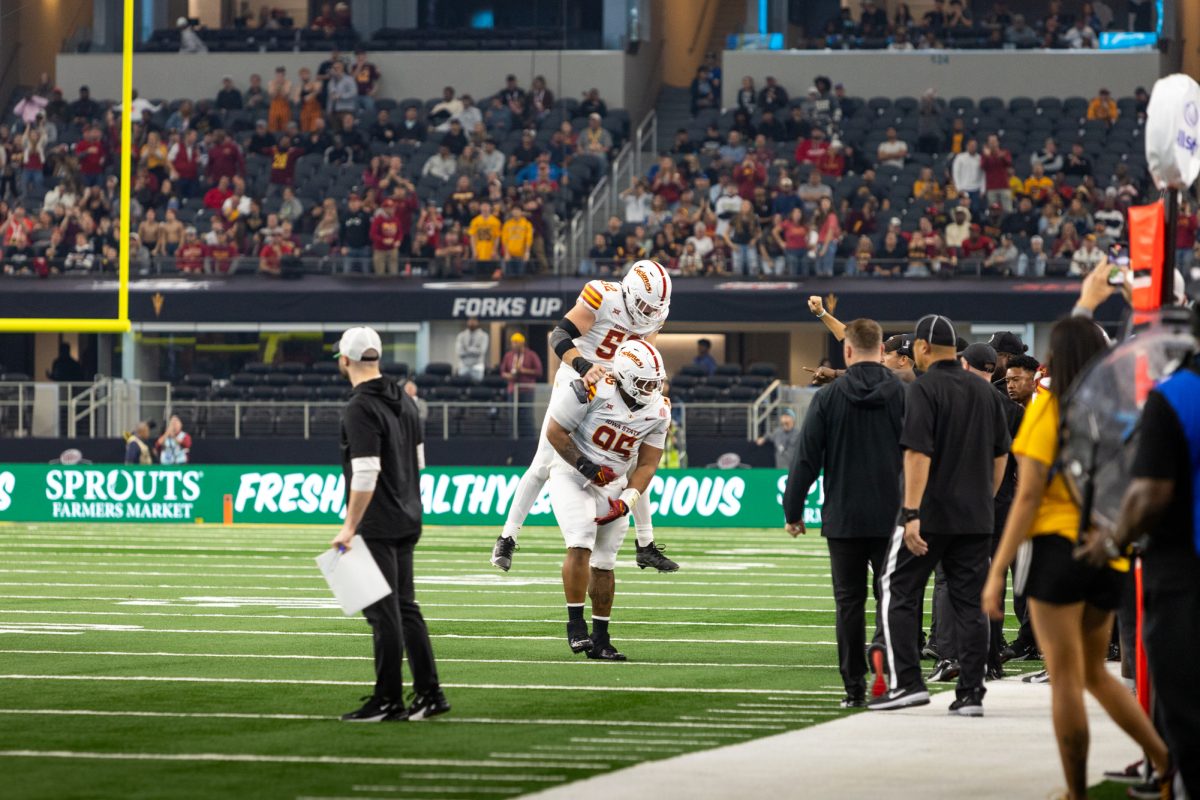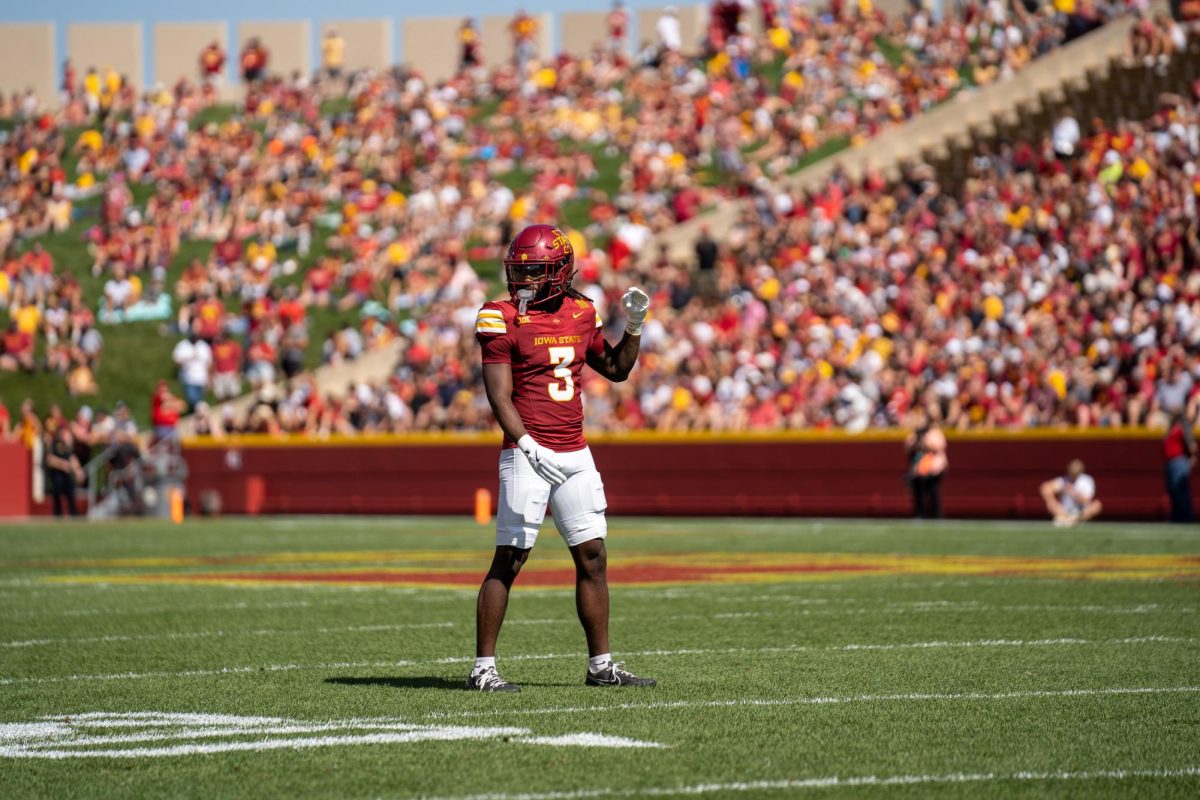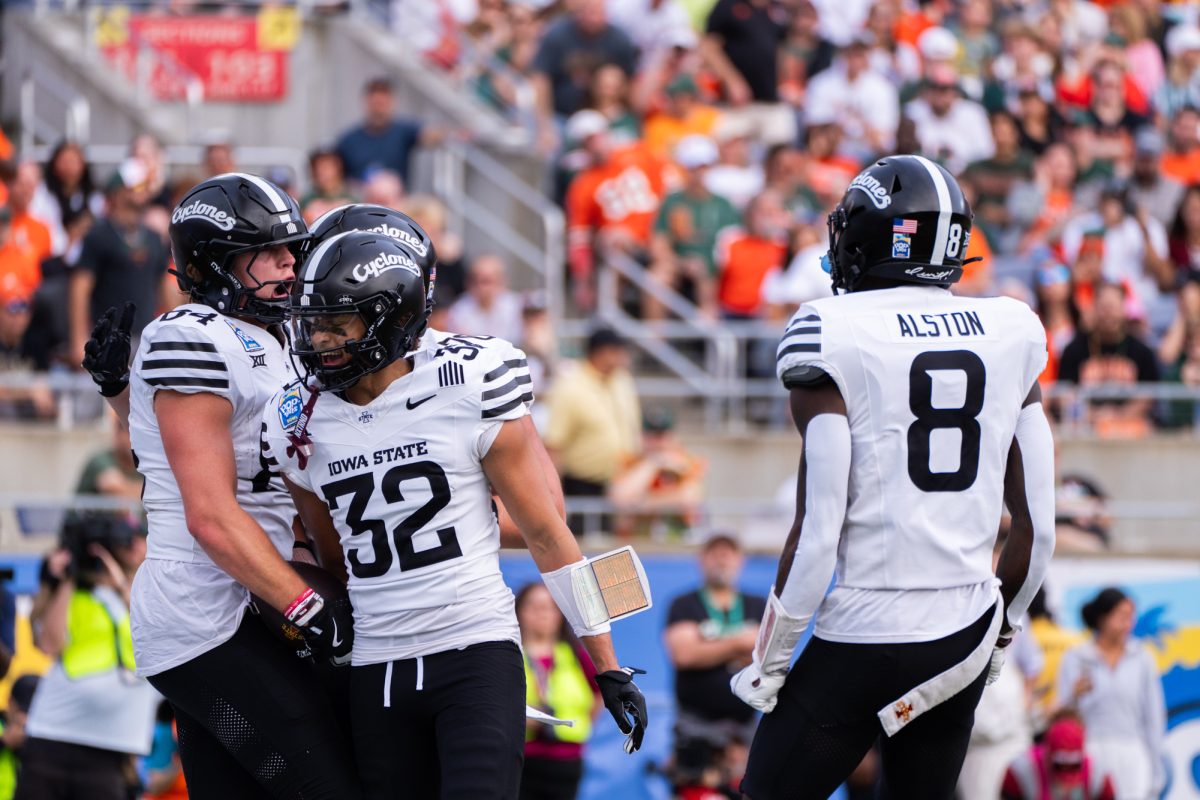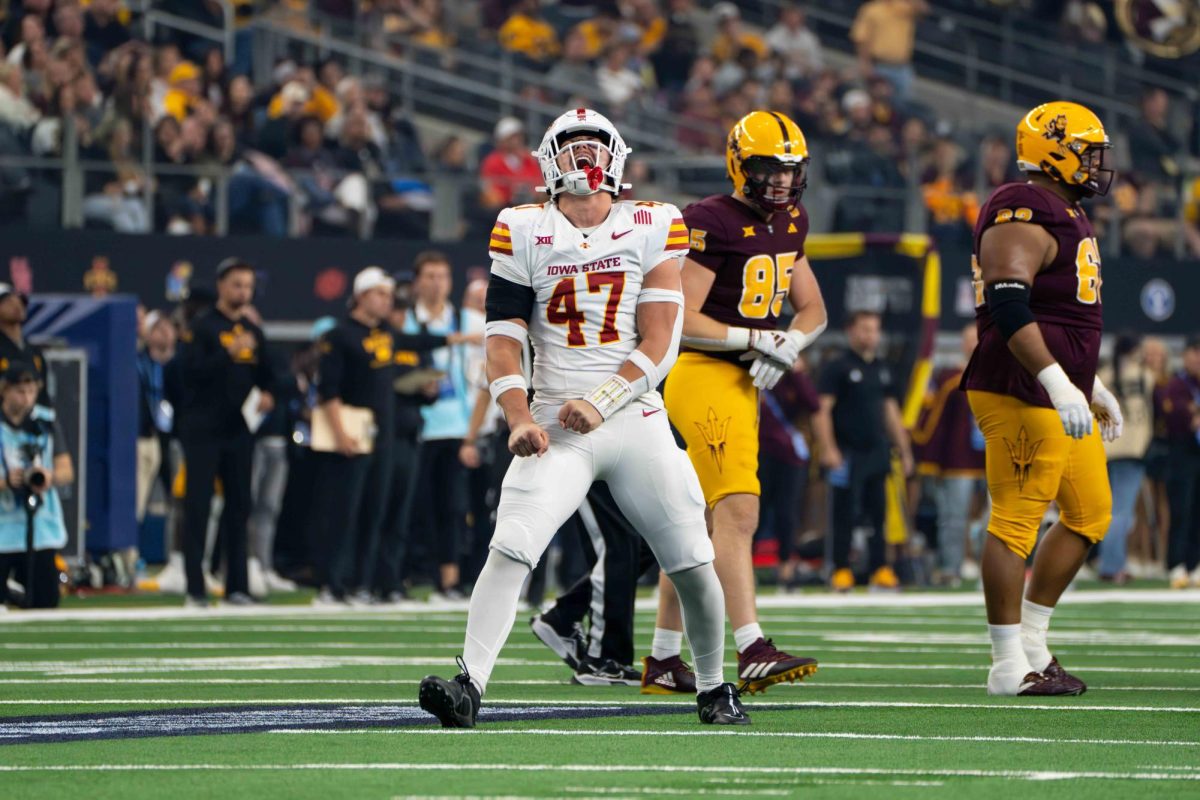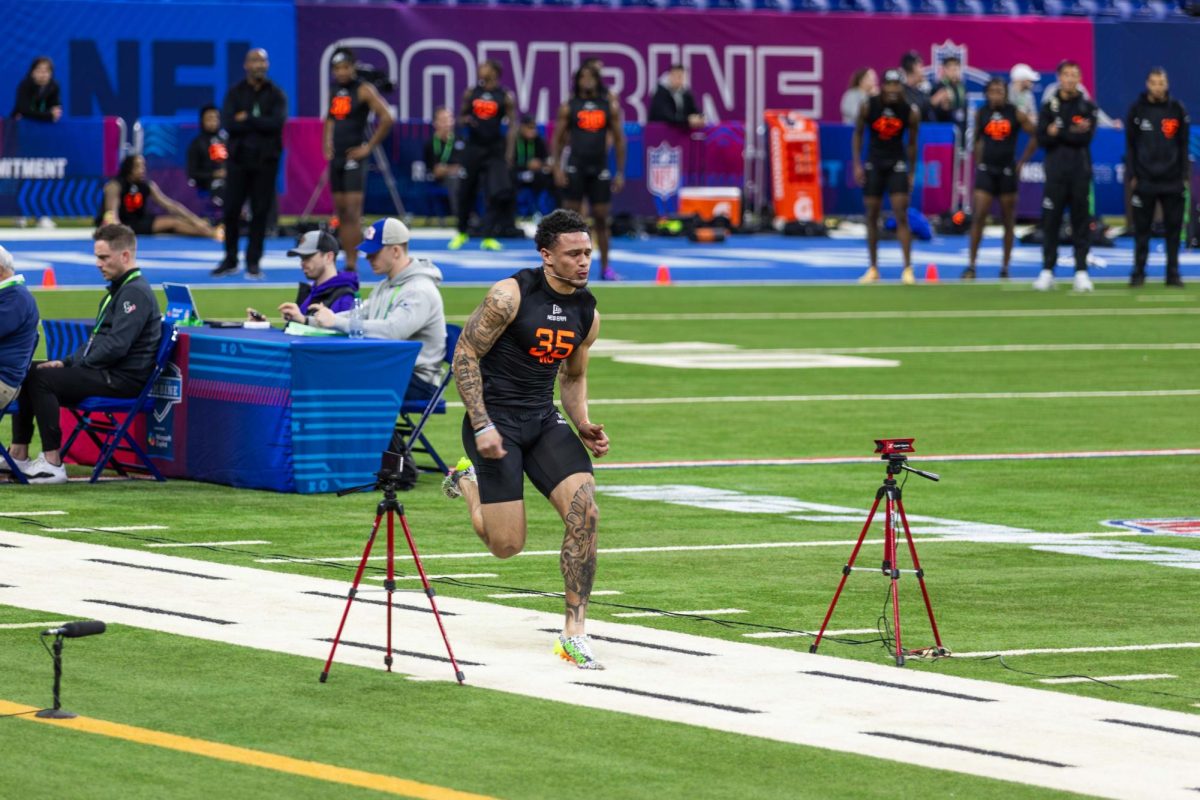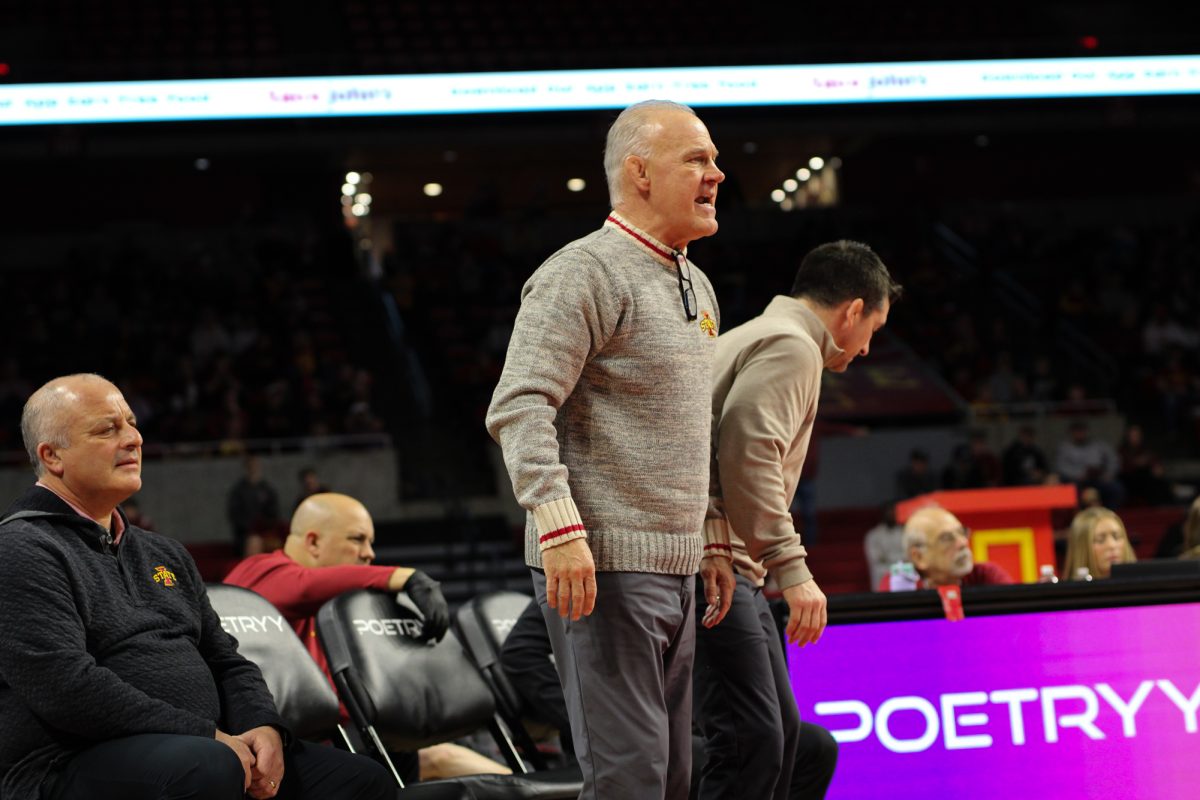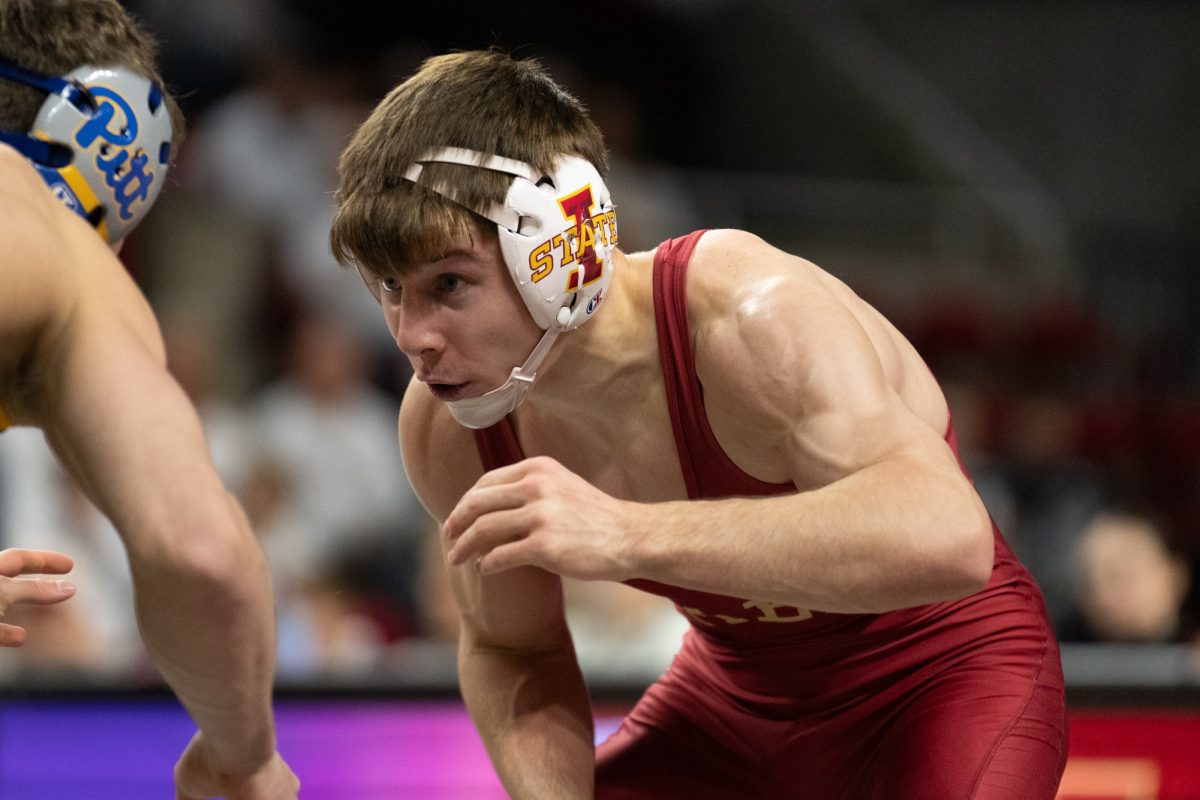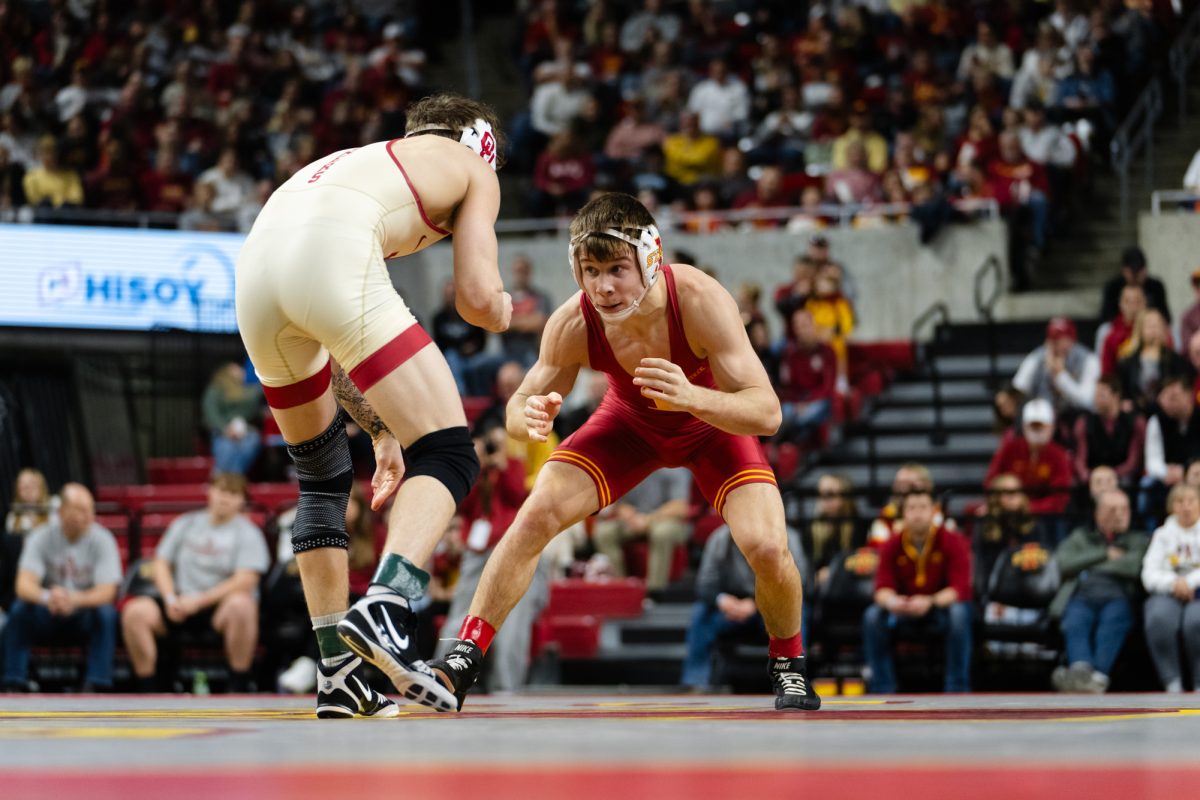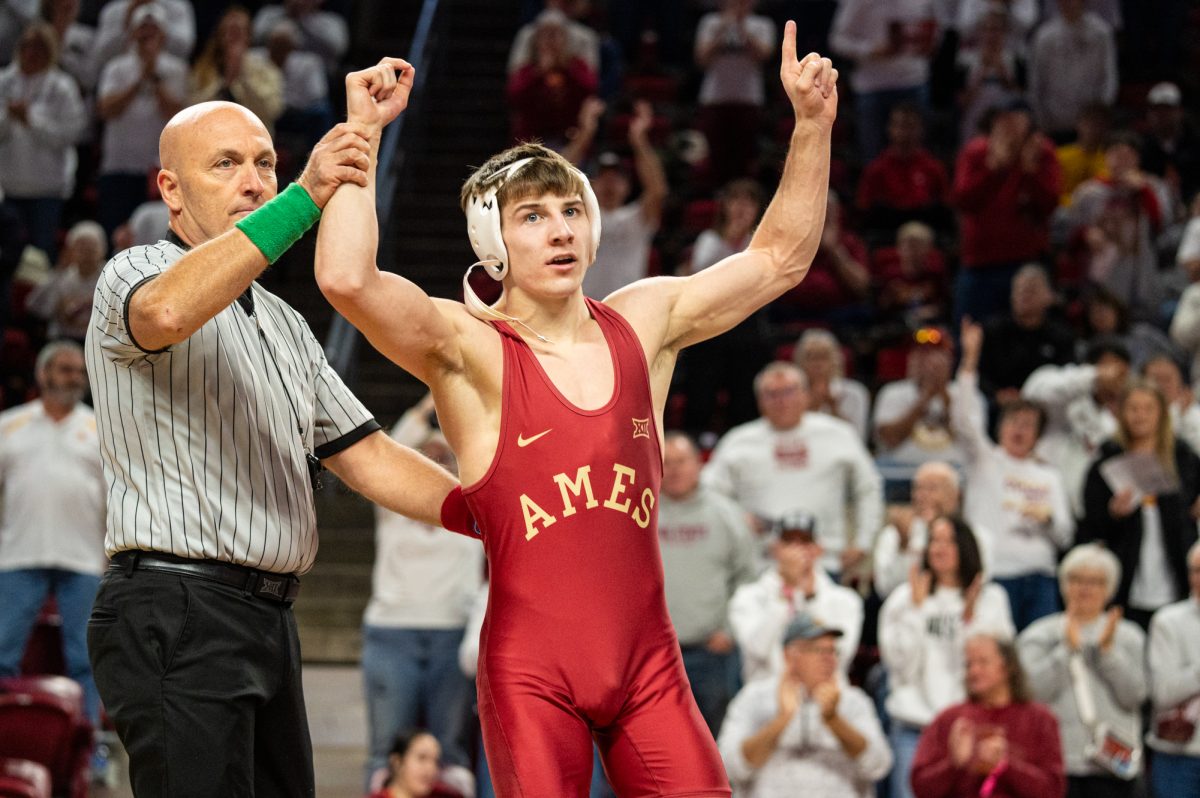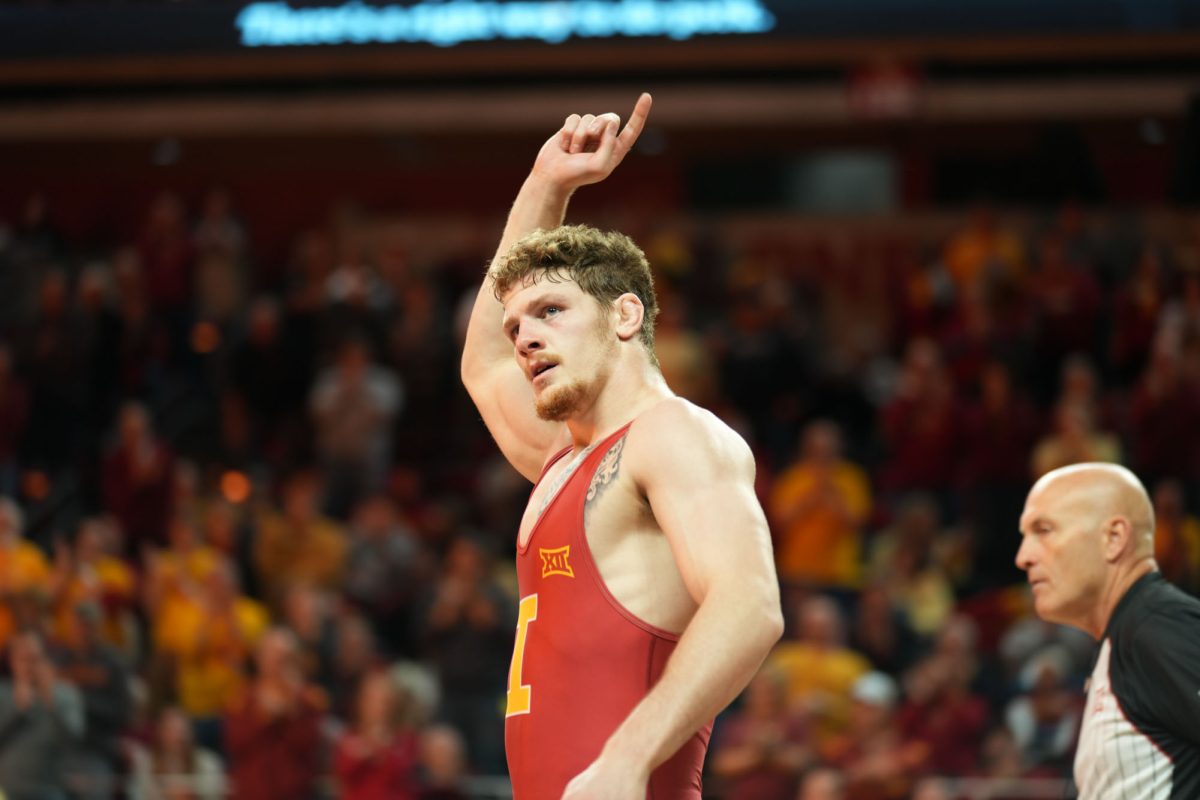Just hours after Iowa State quarterback Hunter Dekkers was charged with tampering with records, Iowa State wrestler Paniro Johnson and Iowa State offensive lineman Dodge Sauser were also charged with the same.
Following the ongoing gambling investigation of Iowa State student-athletes, all three athletes were accused of placing wagers on various sports, including some Iowa State sporting events. The three athletes attempted to disguise their betting accounts by manipulating transactions to give the appearance that other people placed the bets according to the criminal complaints brought against them.
Not only does it go against NCAA guidelines for a student-athlete to bet on sporting events within their own university, all three Iowa State student-athletes allegedly placed bets while under the legal betting age.
According to the criminal complaint against Sauser, he placed approximately 113 mobile/online wagers totaling over $3,075. Approximately 12 of those wagers were placed on Iowa State football games including games in 2022 against Ohio, West Virginia, Oklahoma State and Texas Tech. Sauser has not played in any games in his time as a Cyclone.
According to the criminal complaint against Johnson, he placed approximately 1,283 mobile/online wagers totaling over $45,640. Approximately 25 of those wagers were on Iowa State sporting events. Johnson is the defending Big 12 Champion at 149 pounds and was geared to be a top national contender at his weight.
All three athletes were accused of “concealing [their] personal identity” in an attempt to “deceive or conceal” their sports betting. The three athletes’ “known location” was also used to determine that they were in fact the ones who placed the bets. Bets were placed from their devices on their accounts either in their own place of residence or Iowa State University locations that are not accessible to the public.
The three would be ineligible to compete in their sports under the NCAA guidelines prohibiting athletes from placing bets on their own school. In order to play again, those involved would have to be formally reinstated by the NCAA.



